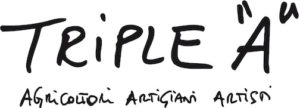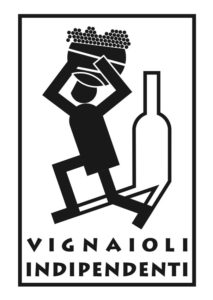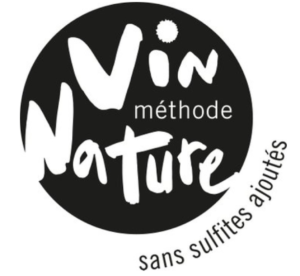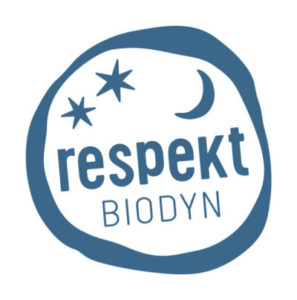How to know
if a Wine
is natural
What Is Natural Wine?
Tips and Tricks To Help You Identify Natural Wine -
Beyond The Certified Organic Logo
No matter what country you’re in, buying natural wine can be a daunting task.
Every country has different labeling laws (& languages), and wine shops categorize wines in a myriad of ways. Many people default to seeking out the certified organic logo, as their only guiding light.
Unfortunately, government-issued organic logos are a very limited indicator of a natural/low-intervention wine. Depending on where you live, organic logos can even be misleading, as qualifications vary greatly by country and region.
Complicating it more, many natural producers have chosen not (or cannot afford) to obtain government certifications, despite the fact that they are in fact organic, and sometimes biodynamic.
For these reasons, I’ve outlined helpful tips and ways to find out whether or not a wine is truly natural, without relying on the organic logo.
Get To Know Natural Importers and/or Distributors
Every wine-drinking country and state/region has importers and distributors dedicated to bringing us excellent natural, organic, low-intervention wines. The more you familiarize yourself with them, the easier it will be to discern whether or not a wine is natural.
In the United States, it’s required by law to actually have the Importer on the back label. I wrote a post covering the best natural wine importers in the US here.
In all other regions, I suggest you research wine importers in your area and speak to someone at your favorite wine shop or bar about who they work with! Once you recognize the types of wines you like, you can connect the dots with who imports those wines, and follow them and their partners around your city or country.
Look For Certified Biodynamic & Low-Intervention Logos
Beyond the European Union’s green leaf organic logo and the USDA Organic logo, another way to find natural wine is to seek out certified biodynamic wines – regarded by most as many steps beyond organic.
Demeter certified biodynamic wines are known to be the most strict category of natural, holistic wines you can find. Demeter guidelines encompass a vineyard’s entire ecosystem as well as cosmic forces and in their standards.
A Demeter certified wine must adhere to specific methods and practices to become biodynamic. These bottles can be more expensive and hard to find, but when you do, you can rest assure that these are indeed natural, low-intervention wines that contribute to a healthier planet.
Keep in mind, there are many winemakers producing biodynamic wine, under the same Demeter method standards, but do not hold the Demeter certification – which you can learn about by heading to their linked site. This is often due to cost involved, manpower, and overall small size of a winery. Always ask about a winemakers methods!
Another, lesser known, but also biodynamic organization is Biodyvin which includes wine from France, Germany and Italy. Similarly, a small biodynamic label and community, respkt-BIODYN, was founded in Austria in 2007 – also based on Rudolph Steiner’s Demeter standards. Respkt includes 23 winemakers from Austria, Hungary Germany and Italy.
With a long tradition of making and marketing wine, France also has their own organic logo, AB – Agriculture Biologique – which you can sometimes find alongside the EU’s organic leaf symbol.
Recently, in March 2020, France introduced a new, official, natural wine distinction and label – Vin Méthode Nature. They state, “Each brand sporting the label on its bottle has to be produced from hand-picked grapes from certified organic vines and made exclusively with indigenous yeast. The category’s production specifications prohibit the use of inputs and winemaking techniques qualified as “brutal,” such as cross-flow filtration, flash pasteurization, thermovinification and reverse osmosis. When it comes to the presence of sulfites, up to 30 mg/l of total H2SO4 is allowed in all types of wine.”
Learn The Logos Of Independent Winemaker Associations
Oftentimes, independent winemaker groups and their logos or “seals of approval” shown below, can supersede most government certifications. Furthermore, since these distinctions can’t be bought, they are much more ethically acquired and therefore trustworthy.
To maintain quality and integrity, association members are held to high standards (often higher than their government). As a baseline, members cannot use pesticides or any chemical additives in the vineyard or in the cellar.
Association winemakers are not only accountable to quality standards, but also to one another. They support each other and work collectively to promote their region, grapes and natural philosophies.
They don’t regard each other as competitors, rather they hold meetings to share knowledge for the betterment of the group. As I detail in my natural wine events post, these associations also hold great wine tasting events for the public. Check out their events and keep an eye out for the logos below, which are more commonly being included on the back labels or neck of wine bottles.











